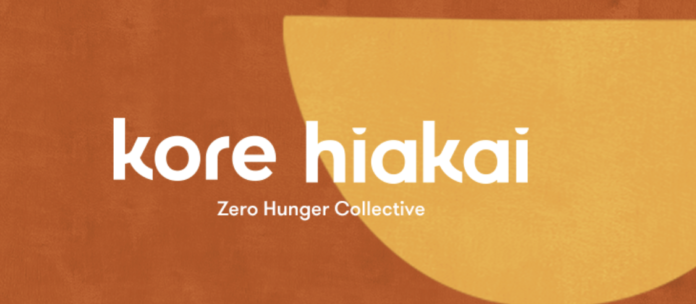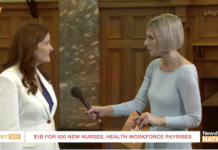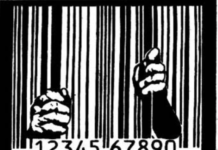Kore Hiakai Zero Hunger Collective has released a new report ‘Realising Food Secure Communities in Aotearoa: A review of locally led reports, plans and strategies’. Kore Hiakai work collaboratively with local communities, thought-leaders and government to address the root causes of poverty-related hunger to actualise food security for all.
The report is sourced from 39 local documents, produced by 30 organisations, including community agencies, local authorities, health organisations and others. It articulates local community aspirations to become food secure, discusses what communities see as the barriers within current food systems, and the opportunities and enablers to become food secure.
Sonya Cameron, Kore Hiakai – Kairangahau/Researcher on this project, said the vision across these communities is local food for the benefit of local people. “Communities aspire to healthy and affordable local food that connects people to each other and the environment. Local communities envision futures where people have more time, less stress, and are living more sustainable lives. Time to grow, gather and cook food, then sit down to meals with whānau. They see food as a way for people to learn, share and connect to their communities.”
Communities drew from a Māori understanding of kai that reinforces the link between the wellbeing of the environment as a primary source of food, and the health and wellbeing of people. Alongside this sits the revival of ancestral Māori knowledge about food – sharing this between generations and restoring traditional food gathering places and practices.
The report found communities want to see a diversity of local food businesses that provide healthy, affordable and sustainable food, including through social food hubs, farmers markets and local food stores. Localities want fair returns for local food producers and businesses, and fair wages for their employees. They note the need for local food processing facilities and distribution chains that support local businesses to grow.
The report highlights bringing about this change would require overcoming several systemic barriers. Communities saw supermarkets and other large corporate food industries as holding the power within food systems, with a focus on maximizing profit over valuing local people, economies and the environment. There is concern about over-regulation by government of ‘good’ food and under-regulation of ‘bad’ food (i.e. unhealthy, highly processed, poor environmental record).
Helen Robinson, Chair of Kore Hiakai Zero Hunger Collective and Manutaki at the Auckland City Mission, says “this report tells it like it is. It shows the importance of how local government and local food plans need to be at the heart of our response, while at the same time connected to a National Food Strategy. This would mean our domestic and export food systems are in concert with each other. This report shows us that we know how to do this, and that we can. We just need to be brave enough to take the next steps.”
The report puts a spotlight on how mana whenua, local communities, councils, and central government can work together. There is the need for a national values-based food strategy with a focus on building sustainable and local food economies, which is underpinned by local food strategies. When working in partnership, together we can build food secure communities in Aotearoa.




